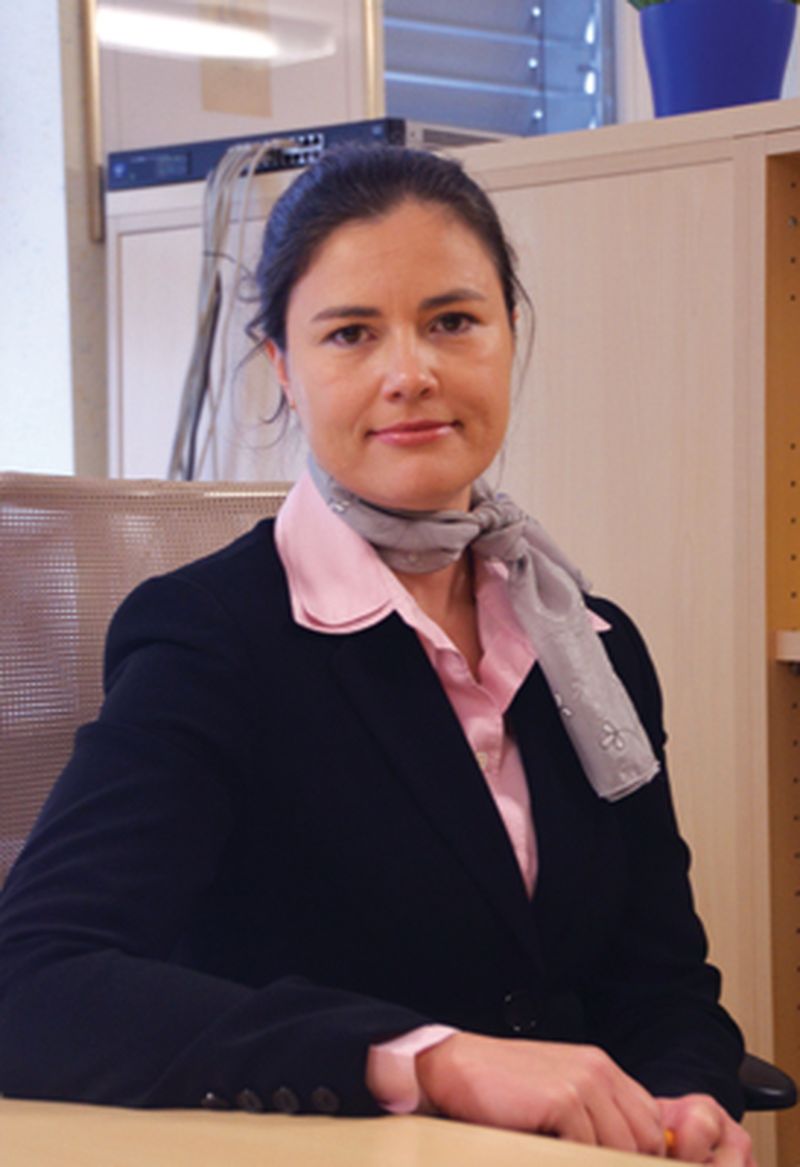- About DOBA
- Study programmesFully ONLINE in English
- Online study
- Teachers and Research
- Alumni Club
Looking from different perspectives, each segment of smart cities is developing exceptionally fast but we lack people who would be able to connect all experts, different interests, and solutions for the common good.
To answer these challenges, DOBA Business School established connections with exceptional experts years ago in order to design the concept of a smart community and developed a unique and accredited postgraduate master’s programme in the Management of Smart Cities. The programme empowers project managers, who understand experts from the field of smart cities, which allows them to play an integrating role and be able to manage the most complex projects for the development of smart communities.
Today, over thirty students in the Management of Smart Cities programme are developing new knowledge and skills and transferring them to their work environment every day. Students are employed in the public administration and the economy (municipalities, administrative units, institutions, public utility companies, and companies focusing on smart solutions).
They study online and occasionally meet to do fieldwork exercises and go on study trips so as to observe the best practices of smart cities. The projects that students in the Management of Smart Cities programme prepare in answer to the various challenges from their work environment, or broader in the region, country or the world, give special added value to the programme. When searching for sustainable solutions, they are able to apply the latest theoretical knowledge and trends and link them to best practices. They have developed solutions for mobile crowdsending, an IOT device for measuring air quality, biodiversity in urban environments with green roofs, prepared solutions for the processing of waste plastic for the construction of pedestrian and road surfaces, solving flood risks with IT solutions – drones, developed software for e-lighting, an energy-saving application, and much more.
Students get to know the actual strengths and weaknesses of the already implemented solutions for the development of smart cities by visiting organisations and cities or communities. European cities offer numerous new and interesting solutions for smart cities, which the students explore. One such example is Vienna with its Aspern Seestadt urban neighbourhood, which was built in the area of a former airfield and represents a prime example of energy efficiency characterised by the use of alternative energy sources and ecological construction. Another example is the Buiksloterham district in Amsterdam, which is an example of a circular economy model (reuse, self-sufficiency, energy efficiency, etc.).
The first students have already graduated from the programme and they are walking along their own path to realise the acquired knowledge and be the “pioneers” of smart cities in their work environment.
The common message received throughout the programme from all best practices and experts is that people come first and the technology, which supports and enables the realisation of the people’s wishes for a better life, is second to that.
mag. Vesna Kolenc Potočnik, programme manager
